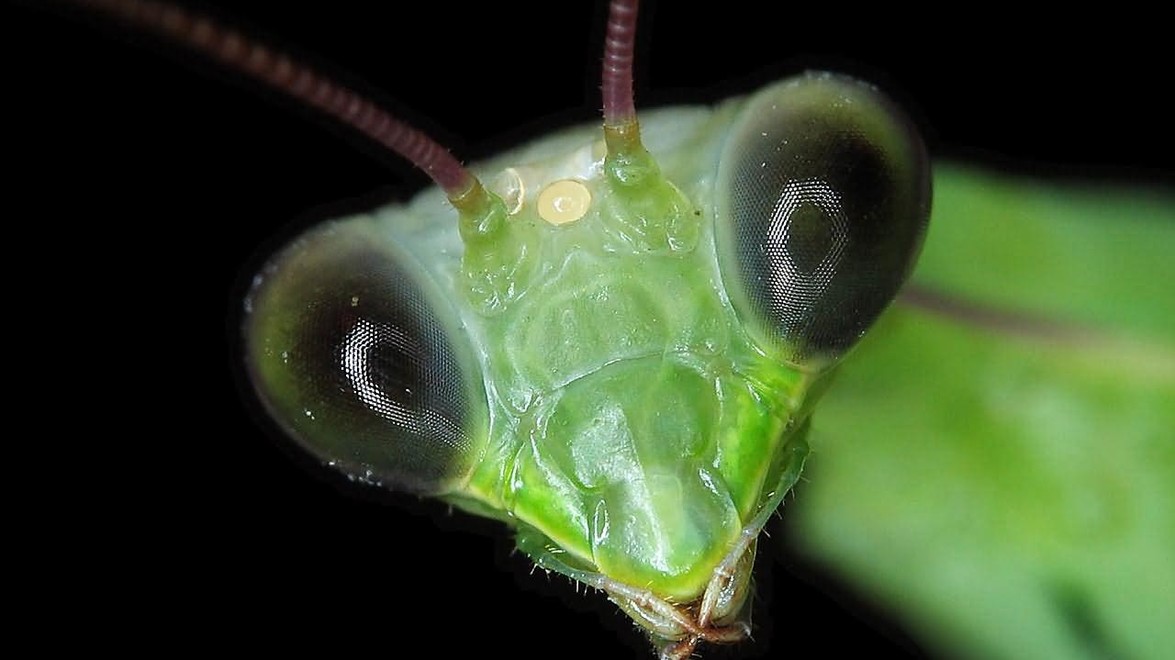
Anyone grows a garden knows that insects can be The Good, the Bad and the Ugly.
If you pay close attention, scenarios in your garden can be as exciting and suspense-filled as any movie. The good guys shoot it out with the bad guys. By educating yourself, you can identify which ones are the good guys, and which are the bad. We’ll leave the ugly to your own perspective.
The good guys do need your help. Any new garden will at first attract bad bugs. These could include aphids, scales, thrips and many more. It will take a bit of patience, but once the bad bugs are there, the good bugs, such as lady bugs, green lacewings and praying mantis, will arrive on the scene to take care of the bad guys.
Spraying poison to kill bad bugs is not a solution to eradicating insect pests. Pesticides destroy all bugs, including the predators. Spraying forces you into constantly using pesticides as a management tool. Instead, be patient and pay attention to the amazing eco-system your garden will become.
There are many good books on the market, as well as the Internet to help you identify common bad and good bugs.
Inspect your garden regularly to detect and problems. The sooner a pest is identified, the easier it will be to manage. In most cases the good predators will show up to take care of the problem.
There are two broad types of beneficial insects: predators and parasites. Insect predators actively seek out and eat their prey, while parasites help control pests by laying their eggs in a host. Once the eggs hatch, larvae penetrate and feed on the host, killing it. Parasitic insects include many flies and wasps.
Plants with small flowers tend to provide the best habitat for good insects. Other important insect-attracting plants include dill, cilantro, basil, and Queen Anne’s lace.
While some good insects will patrol your plants all day long to eat up the pesky ones, others like to hang out underground during the day, and do their patrolling at night. Make sure to give your nocturnal garden helpers some shade to hide from the sun. You can do this by using stepping stones, rocks or mulch.
Insects need water to stay alive. Make sure there is adequate water. If you already have a sprinkler system in place, the puddles from that should be enough. You may also leave a small bowl water out in the garden.
Pay attention to the amazing drama taking place in your garden. You’ll find it as interesting as any blockbuster.
